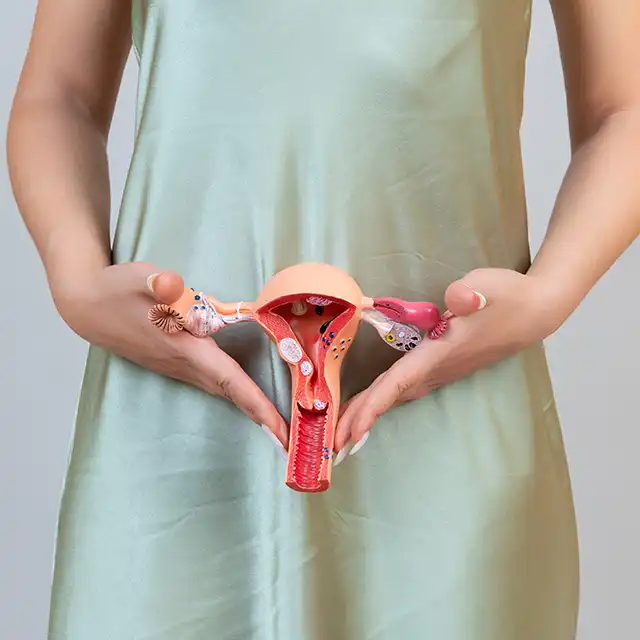
Food poisoning is caused when a person consumes food or drink contaminated by disease-causing bacteria, virus or other toxins. In most cases food poisoning is mild, and the person recovers within a few days to a week. Severe cases, which are rare, might require hospitalization.
Signs and symptoms
The severity and symptoms of food poisoning depend on the source of contamination, with a person showing one of more symptoms within a few hours to a few weeks after the consumption of contaminated food. These symptoms include:
- Nausea and vomiting
- Pain and cramps in the stomach or an upset stomach
- Fever
- Diarrhoea
- Dehydration
- Fatigue or feeling tired
You should immediately seek a doctor’s attention if you notice blood in your vomit or stool, experience dizziness, blurry vision, muscle weakness or the numbing of arms or legs. If the symptoms do not resolve on their own and are left untreated for a long period, it might lead to:
- Kidney damage
- Joint pain
- Brain or nerve damage
- Other life-threatening conditions including death
Causes
Food poisoning is caused due to the contamination of food either by one or multiple microorganisms such as bacteria, viruses, parasites or chemical substances. Contamination of food can happen at any point of time — during harvesting, processing, storing, shipping or cooking, and also through cross-contamination. Food can be contaminated if:
- It is not cooked properly or reheated before consumption
- If it is contaminated and consumed raw like in the case of ready-to-eat foods
- It is not refrigerated or left out in the open for too long
- If hand hygiene is not maintained or the food is handled by a sick person
- If it is consumed after the expiry date of the food
- Excessive insecticides are used during food harvesting
Diagnosis
A doctor can diagnose food poisoning based on the study of symptoms, physical examination, history of food consumed and past clinical experience of diagnosing. In severe cases, a stool test can also be done to identify the type of microorganism infecting the person to plan a specific treatment regime.
Treatment
In most cases of food poisoning a person recovers at home without any treatment. However, sometimes oral rehydration salts (ORS) or probiotics are prescribed. In extreme cases, medications are the need of the hour. These include:
- Anti-emetics that treat nausea and vomiting such as domperidone, ondansetron
- Antibiotics to kill and stop the growth of bacteria such as metronidazole, ofloxacin, tinidazole
Sources
- https://www.nhs.uk/conditions/food-poisoning/
- https://www.nhp.gov.in/disease/digestive/stomach/food-poisoning
- https://www.foodsafety.gov/food-poisoning

















